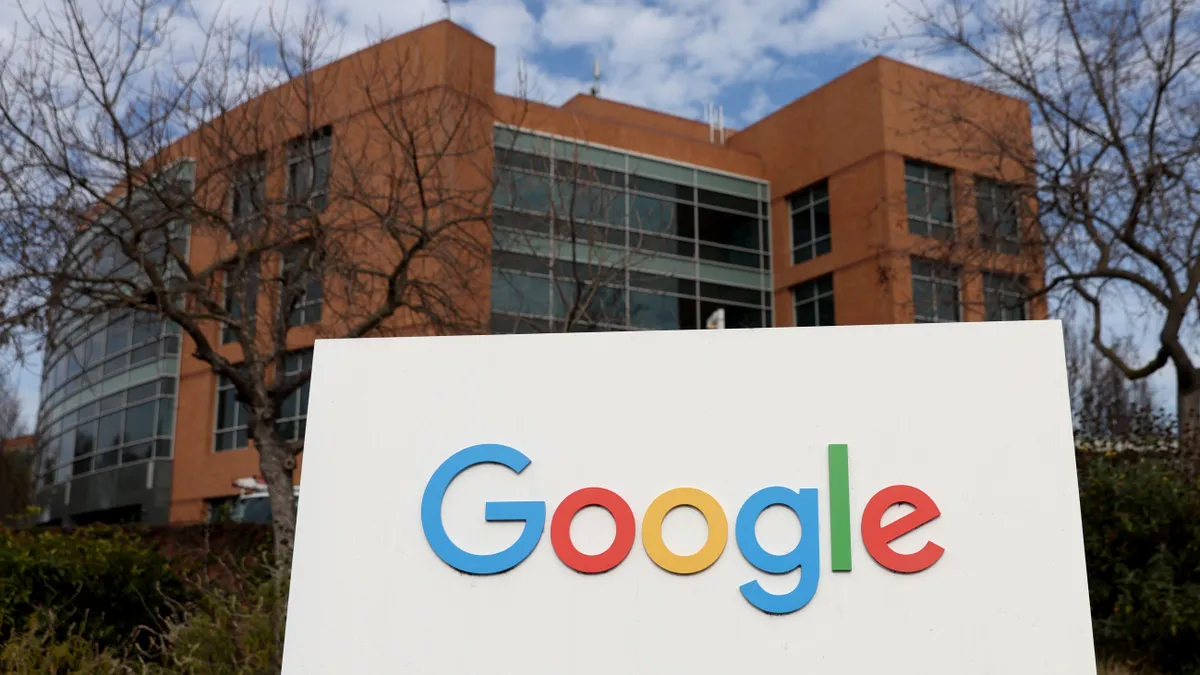Dive Brief:
- Google is partnering with BlackRock’s climate infrastructure business by making a capital investment in one of the firm’s Taiwan-based portfolio companies, New Green Power, BlackRock announced Monday.
- In exchange for the investment, whose exact terms were not disclosed, Google will have the right to procure up to 300 megawatts of solar power from New Green Power’s Taiwan-based solar assets. New Green Power will also give Google the ability to extend their solar capacity to Google’s suppliers in the region to aid the company’s goal to reach net-zero emissions across its supply chain by 2030.
- Googe’s net-zero ambitions hinge on its goal of running all of its operations on carbon-free energy, and reaching those goals will be “challenging” and require “commercial efforts and broader energy systems change,” Amanda Peterson Corio, Google’s head of data center energy, said in an emailed press release.
Dive Insight:
For BlackRock, the firm’s climate infrastructure portfolio company will help build out the solar capacity in Taiwan and allow the company to increase its investment in the region.
BlackRock’s Climate Infrastructure arm owns 100% of New Green Power through one of its funds, acquiring it entirely in 2022 after an initial investment in 2020. Through the solar company — which has a 1 gigawatt capacity development pipeline — BlackRock is looking to tap into Taiwan’s energy transition, where the country is targeting 20 GW of solar capacity by 2025 and 80 GW of capacity by 2050.
David Giordano, BlackRock global head of climate infrastructure, said in the release that the deal shows Google and BlackRock’s “shared commitment to driving the transition to a low-carbon economy.”
“As we witness growth in demand for digital services, powered by AI and data-centric technologies, it becomes imperative to invest in the infrastructure that not only supports this growth but also aligns with our strategy to invest in clean energy,” Giordano said.
The partnership will provide Google with a solution that can scale with the tech company’s Taiwan-based operations, according to Ross Mackey, BlackRock’s climate infrastructure portfolio manager.
Taiwan is home to Google’s largest non-U.S. hardware manufacturing hub, and the company opened the second building on its campus in April focused on artificial intelligence, as well as semiconductors — which enable everything from smartphones to cars — and sixth-generation wireless connectivity or 6G.
BlackRock has identified infrastructure as a key for its business this year and opened with a $12.5 billion acquisition of Global Infrastructure Partners in January. At the time, CEO Larry Fink cited “a movement toward decarbonization and energy security in many parts of the world” as a factor for the deal.
However, the Federal Energy Regulatory Commission sent the two firms a letter in June that found the proposed merger deficient in seven areas. The two companies will have to address the commission’s concerns, which includes whether the transaction complies with the Federal Power Act, before the deal can proceed.












